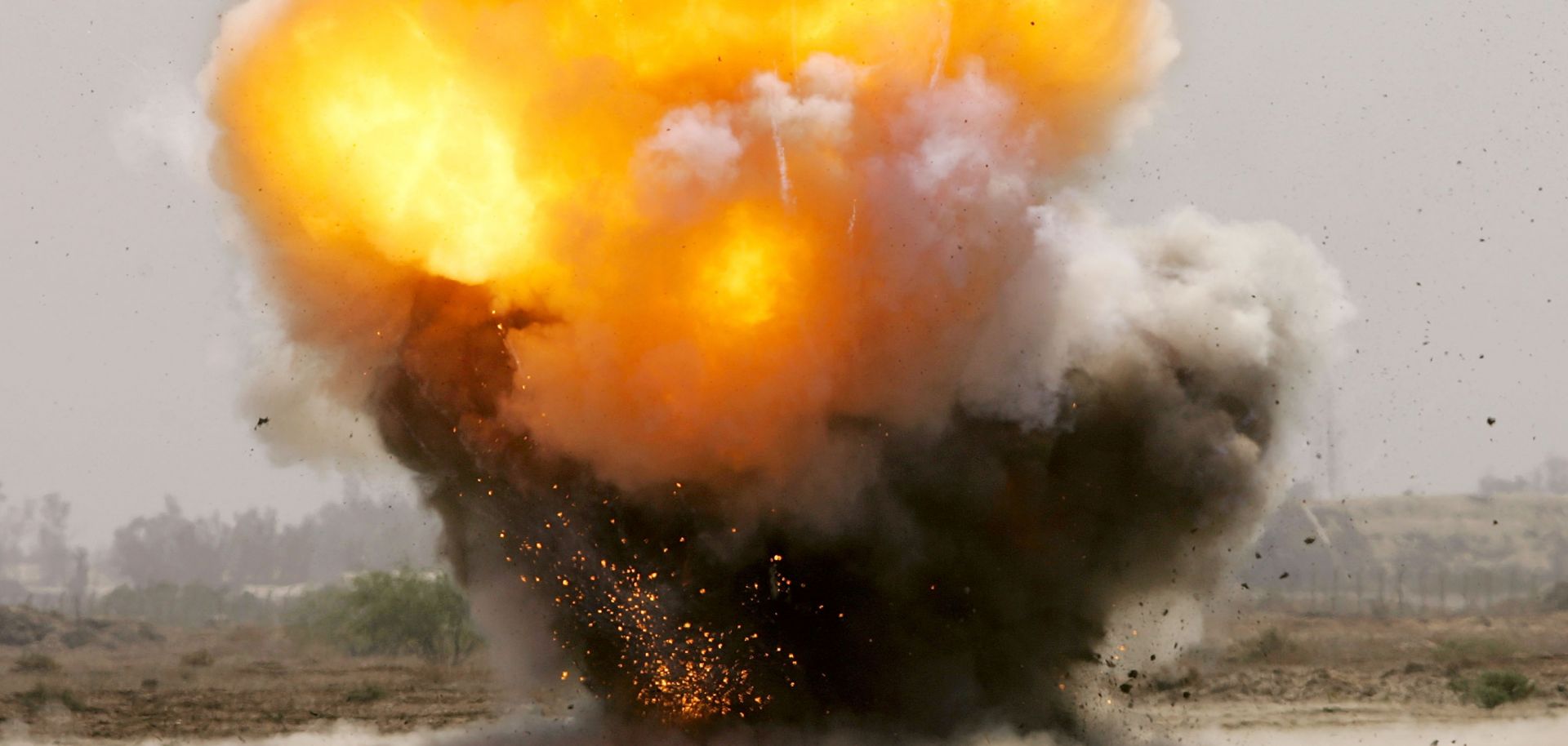By The Weekly Vision
The High Court has issued orders directing the Inspector General of Police to ensure that officers do not hide their identities or faces when deployed to provide security during demonstrations. Justice Bahati Mwamuye also directed that police officers should, at all times, wear name tags and service numbers to be displayed as part of their uniform when providing security or engaging with people who are to assemble, demonstrate, or picket.
“Pending the inter-partes hearing and determination of the application, a conservatory order be and is hereby issued requiring the 5th Respondent to ensure full compliance with Paragraph 10 of the Sixth Schedule to the National Police Service Act,” the court order reads.
Paragraph 10 of the Schedule requires that all uniformed police officers or persons acting under the direction, control, or in support of the National Police Service to, at all times, affix a nametag or an identifiable service number in a clearly visible part of their uniform when providing security or dealing with protesters.
The judge also issued a conservatory order requiring the Inspector General to ensure that where plainclothes or non-uniformed police officers are deployed in such situations, they should not in any way hide or obscure their faces to render them difficult to identify or unidentifiable.
The ruling follows the move by the Law Society of Kenya (LSK) to court under a certificate of urgency arguing that the police and their agents have been threatening the creation of an accountable national police service. LSK claimed that on June 18 this year, there were planned peaceful demonstrations over the Finance Bill, 2024, which the Inspector General was aware of.
LSK said cognizant of the intended peaceful march, the police issued an arbitrary, illegal, and unconstitutional press release to media newsrooms stating that they had mobilized officers to ensure that any gathering within the Nairobi Central Business District would be dispersed.
They added that under the illegal and arbitrary orders issued by the police, armed police were deployed and started to profile, arrest, and carry out other illegalities against peaceful protestors and other Kenyans indiscriminately, including those who were not engaging in the peaceful demonstrations.
“Some of these police officers were in civilian clothing/plain clothes, covering their faces with masks, balaclavas, and other clothing to disguise themselves as goons and militia,” LSK stated in court papers. They claim that the incognito appearance enabled the officers to blend in with the peaceful protestors who were exercising their rights under Article 37 of the Constitution.
Further, they claim the plainclothes police did not carry any form of identification and thus could not be distinguished from members of the public. Additionally, the officers utilized unmarked and unidentified civilian vehicles to conduct abductions of unarmed peaceful protestors. “The plain clothes police officers were also armed with weapons, including guns loaded with live ammunition and teargas canisters, which were later used on persons peacefully protesting,” LSK argue.
The failure of the police to identify themselves and the particular use of plainclothes worked to the deliberate frustration of the peaceful protesters and caused panic. This subsequently turned the peaceful protest violent.
The LSK said the use of plain clothes also facilitated the police officers to administer excessive force upon the demonstrators without due regard for the safety of the peaceful protestors.
LSK wants that pending hearing and determination of this application and petition, only uniformed police officers who are badged and clearly identifiable may be deployed for the sole purpose of assisting the protestors in expressing their rights guaranteed under Article 37.
Officers Martin Mbae Kithinji, Isaiah Ndumba Murangiri, Moses Mutayi Shikuku, Adamson Bungei, Inspector General, and Attorney General are the respondents in the case. The case will be mentioned on September 17 for further directions.





